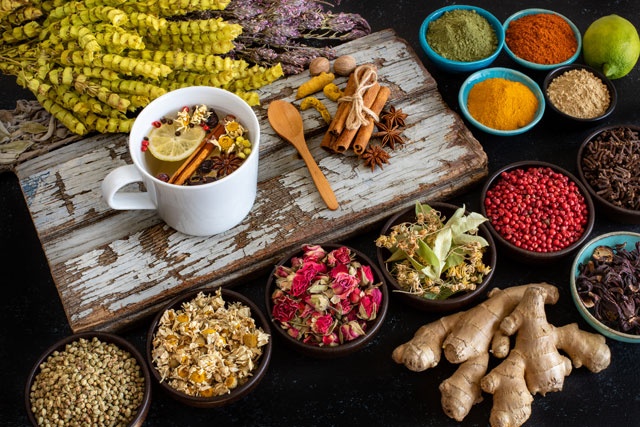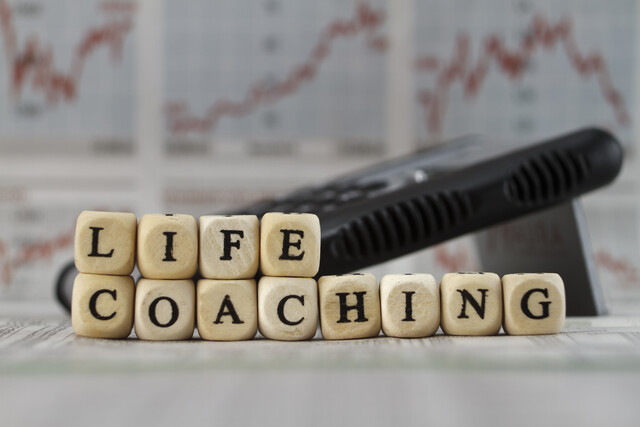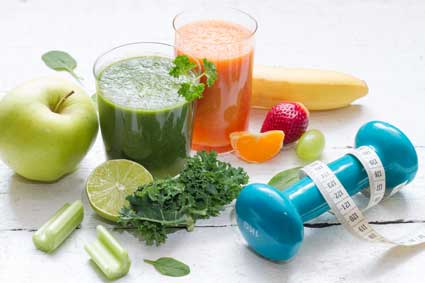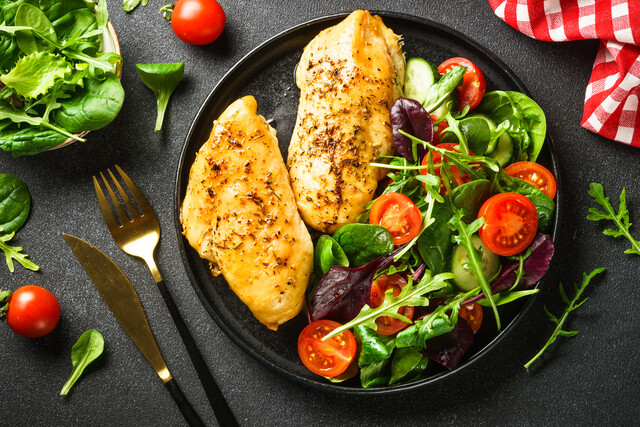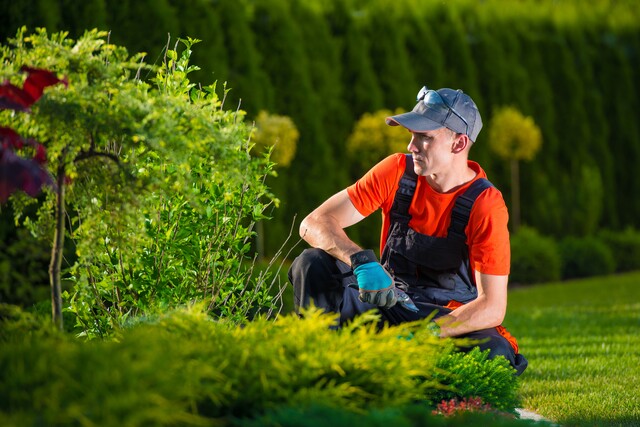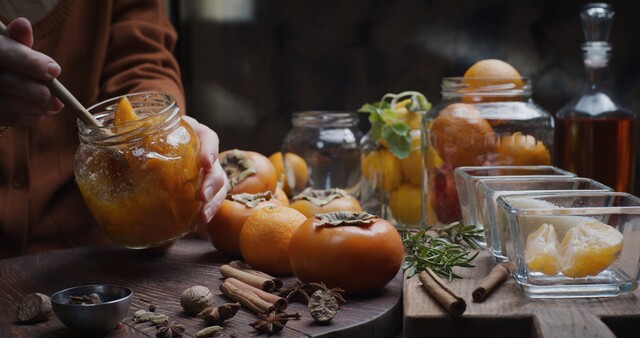Once you become more comfortable with gardening, you will begin to want to outdo yourself and to outdo the harvests you have achieved in the past. While you can continue to do what you are doing and have success, you can achieve more by following a few basic rules along the way.
If you haven't done gardening work before, you will need to learn a bit about root systems of plants in order to learn how to water your plants appropriately.
Often, many new gardeners will water too little, fearful of drowning their plants in too much liquid. While this is a problem that you should avoid, it's more difficult to overwater your garden plants than you realize.
When a plant is trying to grow in soil, it has roots that grow under the soil. You want these roots to grow as deep as possible since this will ensure the plant's long-term survival. When the plants roots are shallow, they're at risk of damage, disease, and being weak.
A plant's roots will dive deeper into the soil when they have to reach down for water. Think about the plant as needed to have water deeper below the surface, so you will need to water more than it might seem is necessary. That water has to move several inches down from the surface, so try to water more than you think is necessary.
In addition, it's a good idea to water plants when it is early morning or late evening. In the other times of day, when the temperature is higher, you can lose water to evaporation, which limits the ability for the water to reach the deeper levels of soil.
If you have a smaller garden, you can simply use a hose or a watering can, but when you have a larger garden, it can help to have a sprinkler system or a drip system that can handle the larger water needs.
When your plants are growing in the garden, they are using up energy. If the energy isn't directed in a productive way, then you will have a smaller harvest.
Sometimes, energy is wasted in plants when there are smaller lower leaves that are still being nurtured. These lower leaves aren't getting as much sunlight as the rest of the plant, so they're often not bearing any vegetables. As soon as there are top leaves on your plants, it's a good idea to start removing the lower leaves.
This directs the nutrition and the water to the upper leaves, where these fuel sources are needed. Instead of scattering the fuel to unimportant leaves, you want to focus your efforts in other directions.
One thing to keep in mind is that this rule doesn't apply to all plants. For example, when you're growing lettuce and spinach, you don't need to remove the lower leaves to help them grow.
Just as the lower leaves of a plant will compete for the energy and resources, weeds do the same thing in your garden. Weeds may seem to be unsightly nuisances, but they are also taking up the water and the nutrition in the soil from the vegetable plants.
By weeding regularly and keeping the weeds from taking over, you can ensure that the water and the fertilizer is only being used up by the plants that you planted.
It can help to weed your garden every day or every other day, especially at first, to make sure your harvest is as big as possible.
When weeding:
- Pull the weeds out completely
- Remove the weeds from the yard
- Use plastic sheeting to stop weed penetration
If you find that weeds are becoming a more extensive issue in your yard than you'd hoped, you will want to be careful about removing weeds. There are some ways that you can naturally kill off weeds (vinegar), but you need to be careful with these as the same methods that kill weeds can also kill plants you want to keep.
When the weeding process isn't working for you, it can help to lay down plastic sheeting or specific weed covering (found at hardware stores). You will lay this down over the garden bed and then add weed-free soil and organic matter over top. What you're doing is creating a barrier between the weed roots and the actual garden.
This piece of advice is a little trickier than it seems. Fertilizer companies want you to think that you should always be adding more fertilizer to your garden. But is this really necessary?
If you want to boost the overall harvest in your garden, you need to be pickier about what your soil's pH is doing. You will want to check the pH constantly and apply new fertilizers and pH stabilizers to give your plants the best shot.
Most of the time, especially in smaller gardens, the pH is not going to change. The pH is going to remain fairly constantly as the plants that you are using aren't going to be using up nutrients in vast quantities.
But as you want to add more plants, you will begin to need more nutrients to compensate for all of the growth that's occurring.
What you will want to keep in mind with this advice is that, often, less is more. Though you may want to keep adding new things to your soil to make your plants grow, it's better to just make sure the pH is stable at first and then leave it alone.
It can be troublesome to add new chemicals to your soil on a regular basis, as it's just as easy to throw off your pH as it can be to fix it.
Start off with the least amount of nutrients you think is necessary and see what happens. Check the soil's pH to see if you need to add more or if you are on the right track. The more you check the soil, the better of an idea you will get as to whether your plant choices are hurting your nutrient levels or helping them.
If you're looking for a bigger harvest in your garden, choosing local plants is a good idea. Plants that are already accustomed to your weather and soil tend to do better in those conditions.
You can find out what plants are local and native to your area by going to a local gardening center and asking a clerk. They can work with you to find a plant or plants that will be at home in your backyard, helping you to see the best possible results for your time.
This isn't to say that non-native plants will not grow well in your yard, but they may take a bit more work as they need to be in an environment you may not be able to provide naturally.
If you're looking to see results from your gardening, it can help to choose vegetables that are designed to provide multiple harvests. These vegetables include:
- Beans
- Tomatoes
- Spinach
- Kale
- Lettuce
You want to choose plants that are going to have multiple opportunities for you to pick more vegetables from them, which is going to ensure that you have the most results from your labor in the garden.
When you want to increase the harvests that come from your garden, you need to follow some simple and practical advice. With the pieces of advice in this section, you not only will see more results for your work, but also healthier plants in the process.
Organic Gardening for Vegetables
Just as with any growing method, learning more about what this means can help you better understand what might need to happen next in order to be successful with your grow.
Organic methods might use fewer products and chemicals, but there are additional things you need to keep in mind.
To be clear, organic growing means:
- No chemical fertilizers
- No chemical pesticides, insecticides, fungicides, etc.
- No genetically modified seeds/plants
- No exposure to chemical sources (i.e. water supply)
Choosing organic usually begins with a desire to be more natural in one's growing methods. When you're looking around your garden, you begin to notice that your chemical products are ending up on your vegetables � vegetables that you will be eating.
Other reasons to go organic include:
- Increasing nutrition � Some studies have indicated that vegetables that grow with organic methods may have more nutritional value. While this is not 100% certain, it's something that many gardeners have noticed in their lives. The foods seem to taste better and to be better for them.
- Decreasing soil impact � When you grow with natural and organic methods, you will not be harming the soil with chemicals or with other materials that can decrease the nutrients. Instead, you will be working with the soil and with the natural abilities of the plants, allowing you the chance to have a garden that can continue to produce over the course of the years you have it in place.
- Improving health � Like the idea of increasing nutrition, the organic vegetables you grow will help to improve your health. If you believe that having all-natural foods allows you to have more access to the nutrition you need, then you will find that having ready access to the vegetables can boost your overall health.
- Reducing food costs � Since many people avoid buying organic products because of cost, you may find that growing your own source of organic product can help to reduce your costs. You will be able to control the amount of food you grow and you can skip a trip to the grocery store in many cases.
- Controlling your foodsource � For those who are concerned about big business and about major farming production businesses, the idea that you can control your food source may be an ideal situation. You can control the source of your food when you grow it yourself, and you will know exactly what it has been through before it is placed on your plate.
- Working with the soil/nature � When you're not adding chemicals to the soil or to the plants, you will be working with nature instead of doing things that are going to harm it. You will begin to learn the cycles of grow which allow you the opportunity to work in conjunction with what has already been happening in the soil. Instead of fighting the process, you can work with what nature already does on its own.
The more that you learn about organic gardening, the more it can begin to appeal to you. While some many not find this to be the best possible method for them, it's something to consider.
And when you're eating the vegetables in your garden, it might make more sense to work without adding chemicals that will eventually end up in your body (or your family's stomachs).
Organic Growing Methods
What many may not realize about organic growing is that there's more to it than just avoiding chemicals. While that's certainly an important part of this method, it's only a part of the story.
Additionally, there are other ways that you can help your garden be more natural and more organic:
- Choose hardy plants � While you can grow nearly anything organically, when you're first starting out, it can help to choose plants that are already resistant to animals and pests (i.e. tomatoes). When you choose these plants, they already are set up to not need heavy chemicals, so you will have an easier time growing and cultivating them.
- Choose natural fertilizers � Instead of looking to chemicals to help boost the growth of your plants, choose natural fertilizers that will contain the nutrients you need. Many gardeners will find that compost blends and natural source fertilizers from animals (i.e. manure) can help to create more fertile soils, which then produce more fertile plants with larger harvest capabilities.
- Rotate your crops � You will also need to consider that when you use chemical fertilizers, you are adjusting the soil to produce more food. When you're not using chemicals, the soil eventually is depleted of the nutrients that the plant in that area needs. To avoid depleting your soil, it's better to rotate your crops each year to a new location. While you will still need to add fertilizers in some cases, you will have fewer problems with nutrient depletion as a result of this growing method.
- Consider companion planting � Many organic gardeners ascribe to the idea that certain plants grow best when they are grown together. This is because they are able to share nutrients more effective, according to some researchers, but for the most part, many people have no idea why these symbiotic relationships exist. Some of the relationships include: tomatoes and basil; beans and cabbage; carrots and tomatoes; roses and garlic.
- Have a clearly defined area � To ensure you're keeping your garden as organic as possible, it helps to have a clearly defined area for your growing. You can then create the organic soil that you want, use only organic methods, and see the results without the impact of other chemicals that are utilized in other areas.
- Start small � As with any new gardening venture, it's a good idea to start out small and see how things progress. You can always make a garden bigger as you learn more methods and you gain confidence. What you do not want to do is to start out too big and suffer losses along the way. While it might be a learning experience, it can also be highly disappointing.
When you're growing organically, it's not so much about finding alternatives to chemical products, but rather thinking more about how plants grow and how you can support plants in their growing process.
One of the primary concerns among new organic growers is that they will not be able to control pests in their garden.
Again, this is something that you should think about when you're first choosing the plants that you want to grow. Some are more pest-repellent than others because they emit certain natural chemicals from their plant bodies.
Here is a two-step process that can help you get pests under control, even before they have a chance to get into your garden:
- Know your plants � First, you will want to learn more about the plants that you want to have in your garden. This will help you find out more about the sorts of pests that they are susceptible to and what the signs of pests might be. The more well-versed you can become about your plants and their signs of distress, the more quickly you can act should pests become a problem.
- Know your insects and other pests � Additionally, you need to know about the insects that might be in your area, what their life cycle is, etc. When you understand these ideas, you can begin to step into the cycle with natural insecticides and stop the cycle from continuing to occur. Remember, it's not just about the pests that are present, but how they can continue to propagate if you don't know how to stop the cycle completely.
Other ways to prevent pests in an organic way include:
- Always having fertile soil � The more fertile your soil is, the stronger your plants will be and the less likely the soil is to contain pests that are harmful. Additionally, when your plants are healthy, even if pests infect them, they will rebound more easily and not die off.
- Planting early � The earlier you can plant in the season, the less likely you are to have plants that have pest problems. Pests tend to creep up later in the year, so if you can grow early, then try to do so.
- Encourage some 'pests'� However, while bugs might seem to be bugs, not all bugs are harmful. Some bugs can be helpful to your garden, allowing you the chance to avoid major pest problems. Some helpful bugs and animals include ladybugs, ground beetles, and some birds. When you encourage these types of bugs, you can discourage other pests.
- Watch your plants � The more that you watch your plants, the more you will get to know what they should and what they should not look like. If you only get out to your plants once in a while or you don't look at them closely, you may not notice when the first stages of pests begin.
- Keep a journal � As you continue to garden, it can help to keep a journal of what you learn and what you see. The more that you understand your plants and how to help them, the less work you will need to do in your garden in the future. For example, if you notice that a plant has X pest problem, and you treated it with Y, the next time you have the X problem, you will be able to treat with Y more quickly.
- Diversify your garden � Though you might be growing vegetables in order to create a food supply, you also need to keep in mind that a diverse selection of plants can help prevent pests. Planting things like mint, rosemary, and daisies can help to attract good bugs that then prevent the bad pests.






